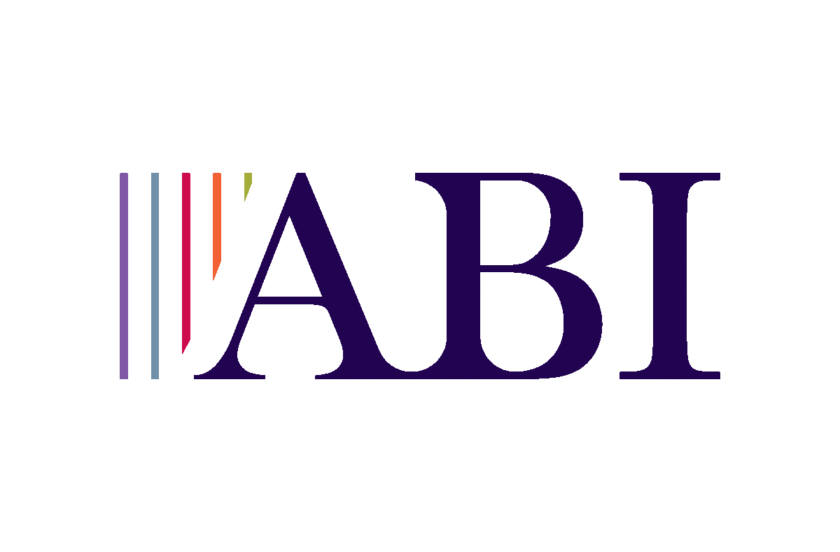Insurance Premium Tax (IPT) – covering most general insurance – has increased substantially since its inception in 1994. In particular, since 2011 IPT has climbed rapidly as policymakers have sought additional revenue to reduce the deficit in the public finances. At present the standard rate of IPT stands at 12%, about five times its initial rate of 2.5%. It has stood at this rate since June 2017.
Such large hikes in IPT have taken place despite a lack of published evidence from government around its impact on consumer behaviour and household finances, including with respect to the distributional consequences of changes in IPT.
This Social Market Foundation report presents updated analysis into the impact of IPT on households and shows that:
- The amount of revenue raised from IPT in the 2019/20 financial year is estimated to stand at £223 per UK household.
- About half (48%) of this is paid directly by households on insurance products, with the remainder paid by businesses. Business costs associated with IPT are likely, at least in part, to feed through into the finances of UK households – through higher consumer prices, lower dividends and reduced profits for business owners.
- If the standard rate of IPT had remained at 5%, its rate prior to 2011, then the savings per UK household could be significant. For the current fiscal year, 2019/20, we estimate that households are directly paying about £58 per year more as a result of higher IPT[1]. If the business costs associated with higher IPT are ultimately borne by households (either through higher prices or lower incomes/dividends), then the additional cost per household could be as high as £123. Cumulatively, over the five years 2019/20 to 2023/24 inclusive, these costs are approximately £607 – some £17.1bn across all households. This comes on top of the £428 cumulative extra costs faced per household between 2010/11 and 2018/19 inclusive, compared with the standard rate of IPT remaining at 5%. This amounts to £11.6bn across all households.
The regressive nature of IPT and the fact that it has increased significantly should be key considerations for policymakers making decisions on this form of taxation. As the Institute for Fiscal Studies (IFS) has noted, recent increases in IPT have been made by government without deep consideration of what the economically optimal rate of the tax should be. The IFS has suggested that a low single-digit rate for consumers would be appropriate[2], suggesting that the current rate of 12% is excessive.
[1] This assumes no change in the volume on insurance products purchased in response to IPT changes, reflecting the “essential” nature of key insurance products such as motor and building insurance.
[2] https://www.ifs.org.uk/publications/8808

